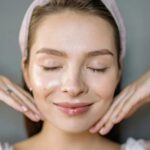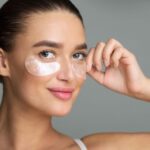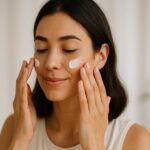Alarming Reality: Numerous Substandard Sunscreen Products Recalled
In recent times, numerous sunscreen products have been found by authorities to have SPF levels significantly lower than advertised. Some products, marketed as SPF 50+, were found to have an actual SPF of only 2.4 upon testing.
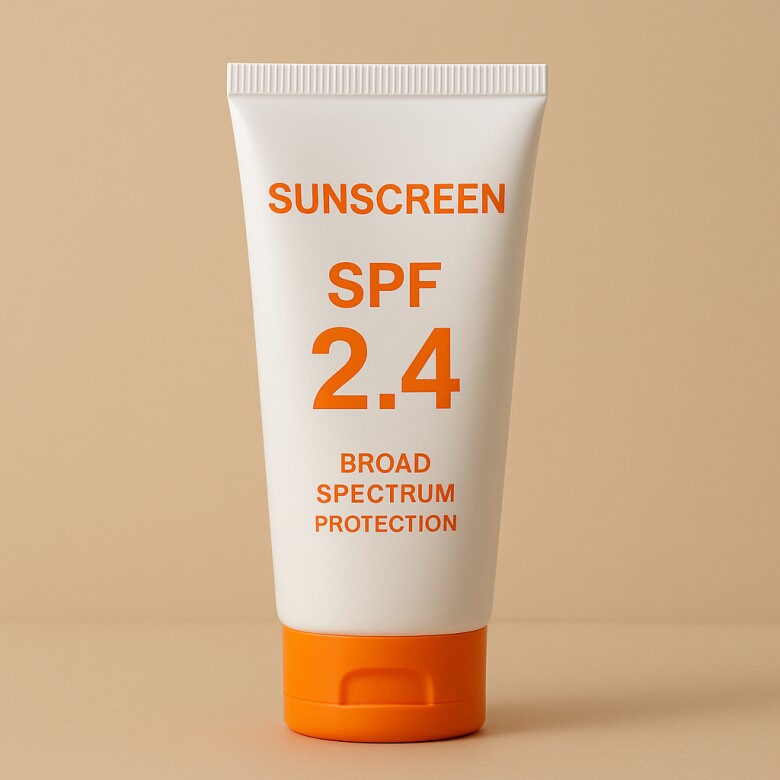
Drug regulatory agencies in multiple countries have issued urgent recalls for these products due to safety concerns, misinformation, and loss of consumer trust. In Vietnam, consumers are also becoming wary and distrustful of unregulated, overly promotional sunscreen products with unclear origins.
This situation underscores the importance of selecting quality, verified products to avoid purchasing ineffective sunscreens that may cause more harm than protection.
What does SPF 2.4 mean? Is it truly sun protective?
SPF (Sun Protection Factor) indicates the level of protection against UVB rays, which cause sunburns, skin darkening, and increase the risk of skin cancer. SPF 2.4 means that the skin is protected for approximately 2.4 times longer than without sunscreen.
However, in reality, it only blocks about 30% of UVB rays, whereas: SPF 15 provides approximately 93% protection, SPF 30 offers about 97% protection, and SPF 50 provides nearly 98%. SPF 2.4 is virtually ineffective in protecting the skin, especially during intense summer sunlight when UV levels are at their peak.
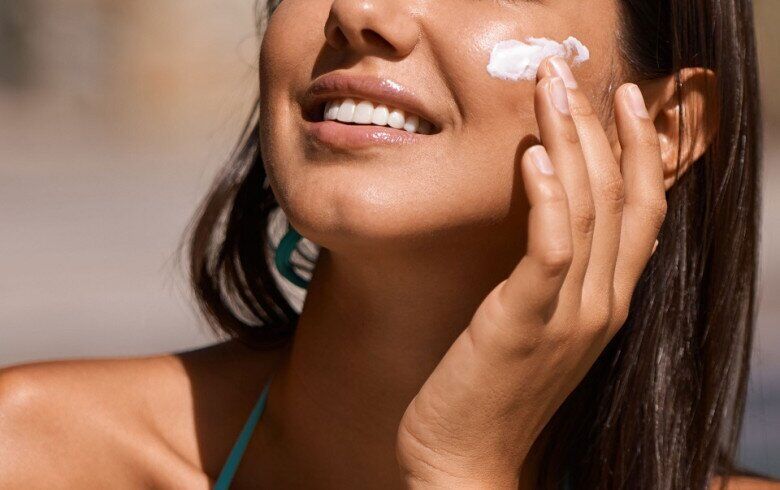
5 Criteria for Choosing the Right Sunscreen for Optimal Skin Safety
To ensure comprehensive sun protection during hot seasons, keep the following criteria in mind when selecting a sunscreen:
– Prioritize SPF 30 and above: This is the minimum recommended SPF for daily use, especially for Asian skin tones in tropical climates. Opt for SPF 50+ if you spend extended periods in the sun.
– Look for PA++ and above: PA indicates protection against UVA rays, which cause skin aging, pigmentation, and freckles. PA++ offers moderate protection, while PA+++ to PA++++ provides high to very high protection.
– Choose according to your skin type: For oily or acne-prone skin, select oil-free, lightweight, and mattifying formulas. If you have dry skin, choose a moisturizing option. For sensitive skin, physical sunscreens with gentle ingredients are preferable.
– Opt for reputable brands with verified testing: Prioritize products with clear origins and testing by independent organizations or approved by the Ministry of Health. Avoid unlabeled, unbranded products, as they may cause irritation and prove ineffective.
– Apply generously and reapply every 2–3 hours: Sunscreen is most effective when used in adequate amounts (about a coin-sized amount for the face) and reapplied frequently, especially after sweating or outdoor activities.
In addition to sunscreen application, consider the following measures for enhanced sun protection: Use physical barriers such as wide-brimmed hats, sun-protective clothing, sunglasses, and umbrellas. Avoid direct sunlight between 10 am and 3 pm when UV rays are strongest. Stay hydrated, eat plenty of fresh fruits and vegetables, and supplement with vitamins C and E. Soothe sun-exposed skin with aloe vera gel, facial mists, or calming face masks. Maintain a healthy sleep schedule and manage stress for overall skin health…

























